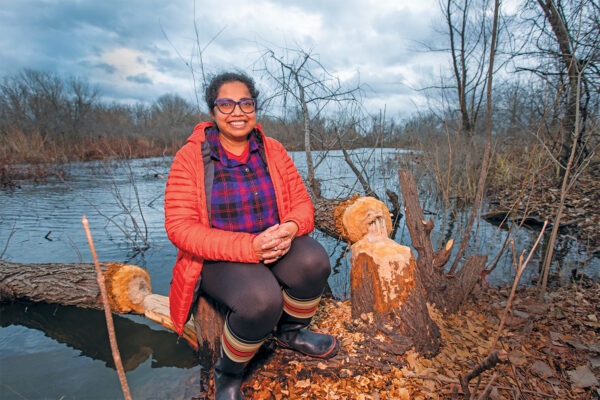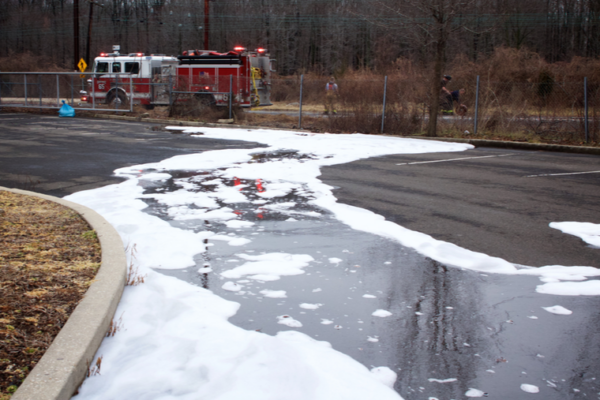Arpita Bose, associate professor of biology in Arts & Sciences at Washington University in St. Louis, participated in the White House Summit on Biotechnology and Biomanufacturing for the American Bioeconomy Sept. 14.

President Joe Biden this week signed an executive order to launch a National Biotechnology and Biomanufacturing Initiative, which he said will create jobs at home, build stronger supply chains and lower prices for American families.
During the summit, the White House released new details about how it plans to invest more than $2 billion in the U.S. biotechnology sector.
These investments includes new funding for basic science and applied research to program microbes to make specialty chemicals and compounds. This process, called biomanufacturing, is an alternative to petrochemical-based production for things like plastics, fuels, materials and medicines.
In her research at Washington University, Bose has successfully harnessed the power of microbes to create new fuels and plastics alternatives. Bose’s lab focuses on microbial metabolisms, taking an interdisciplinary approach to energy and sustainability issues. Bose has published research on how microbes can “eat” electricity, using a novel process to harvest electrons straight from an electrode source. By locking away carbon dioxide, these electricity-loving microbes may potentially play a role in combating climate change.
Read more about Bose in this Q&A from The Ampersand.


